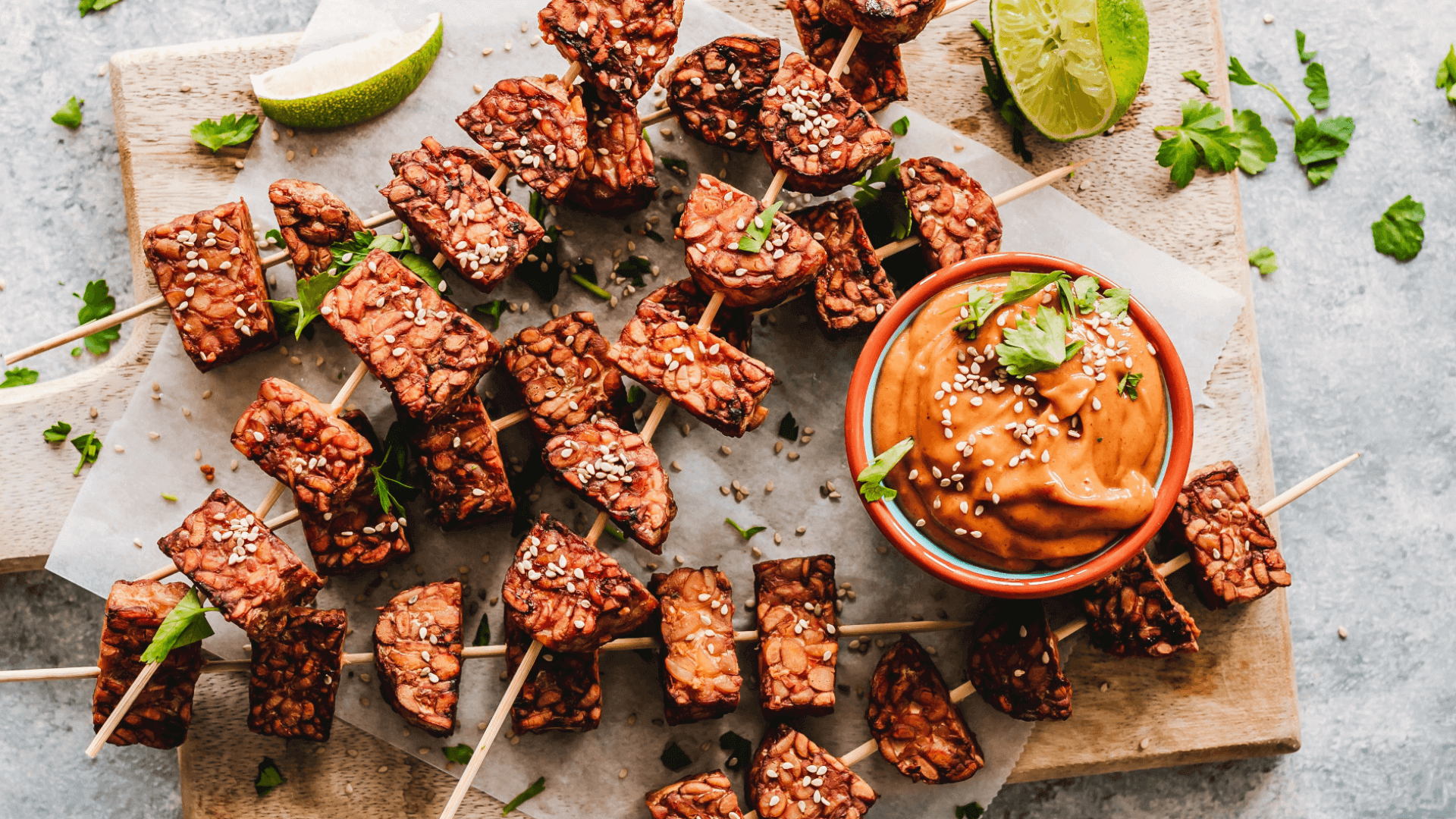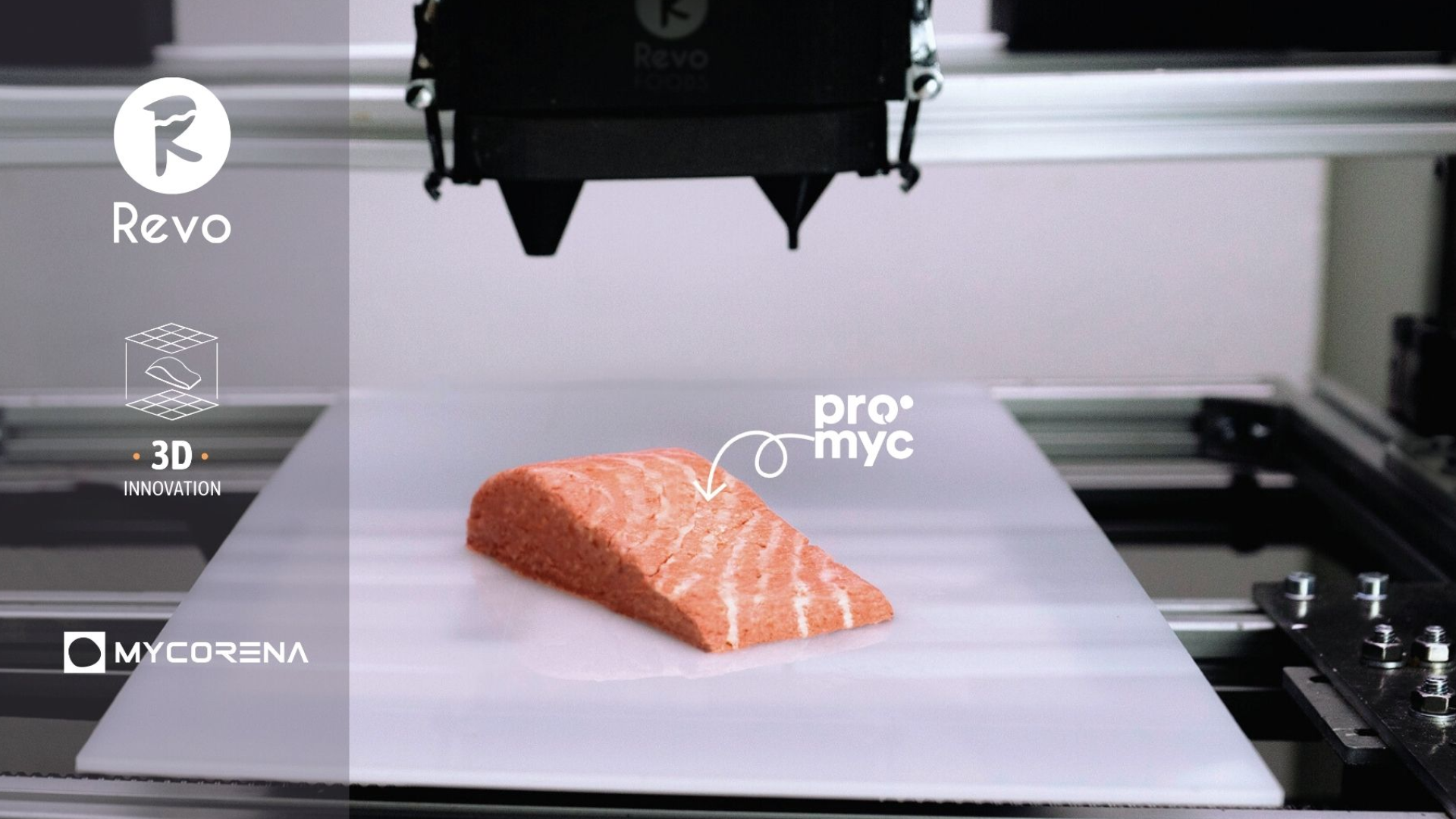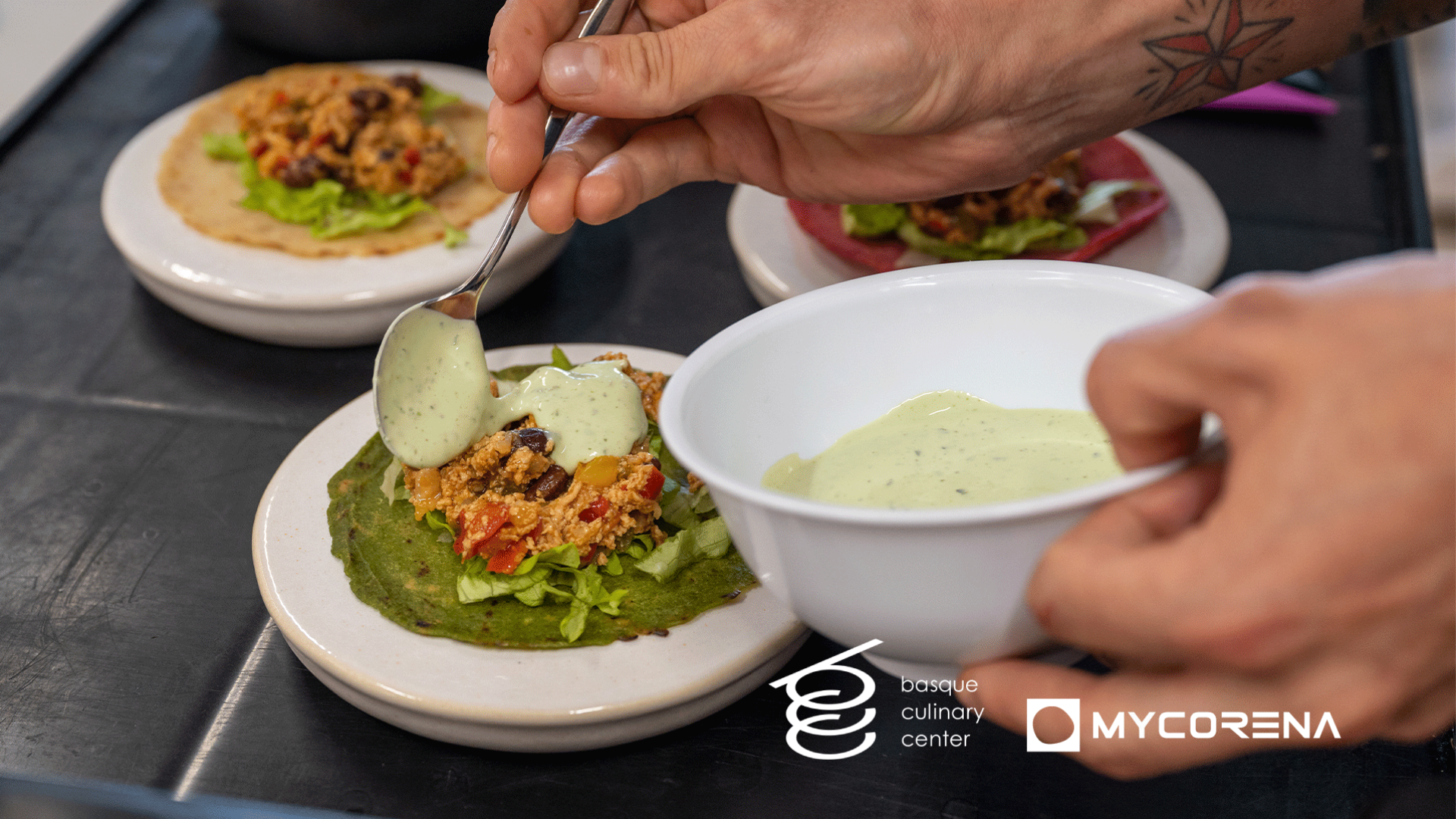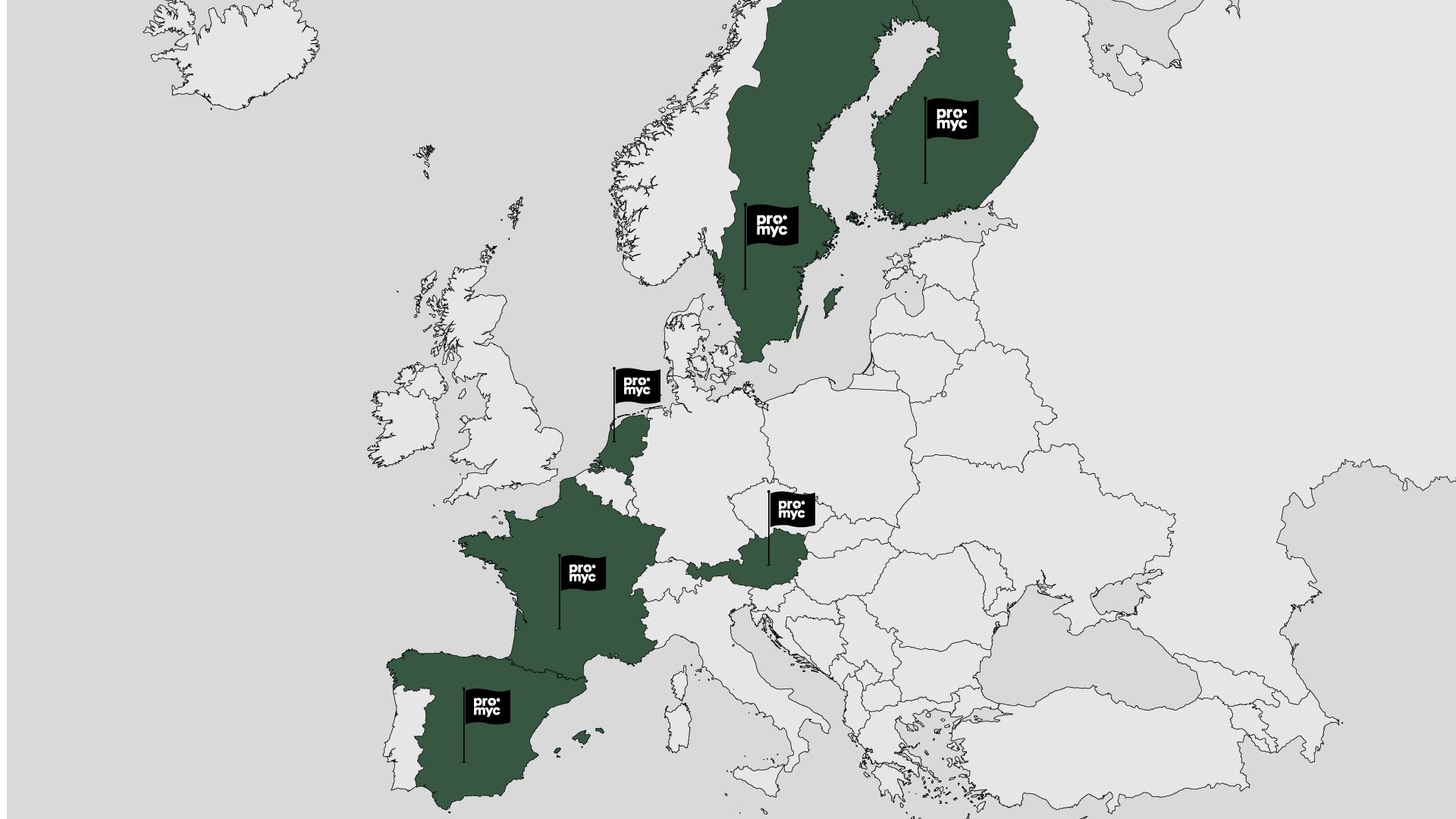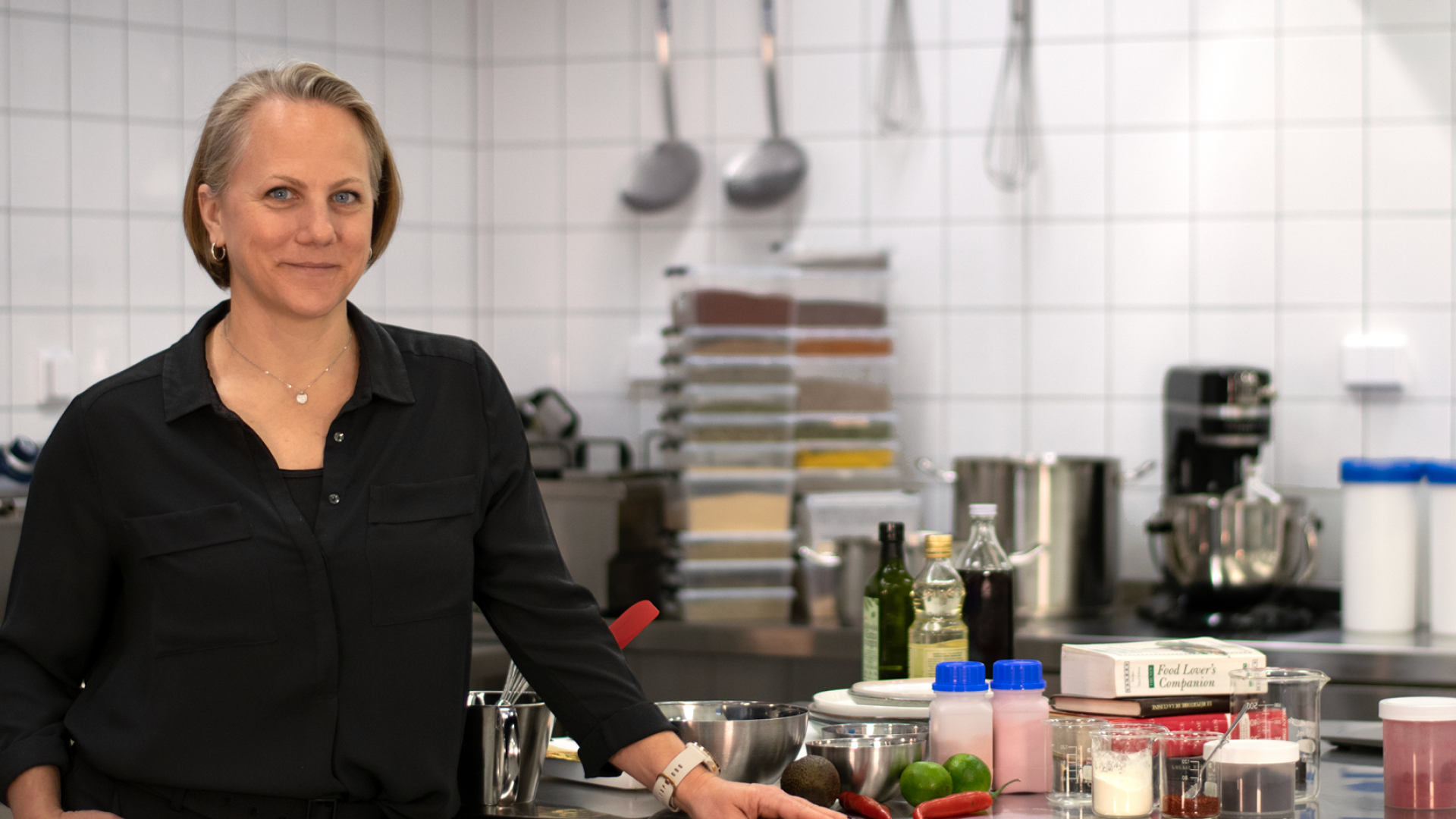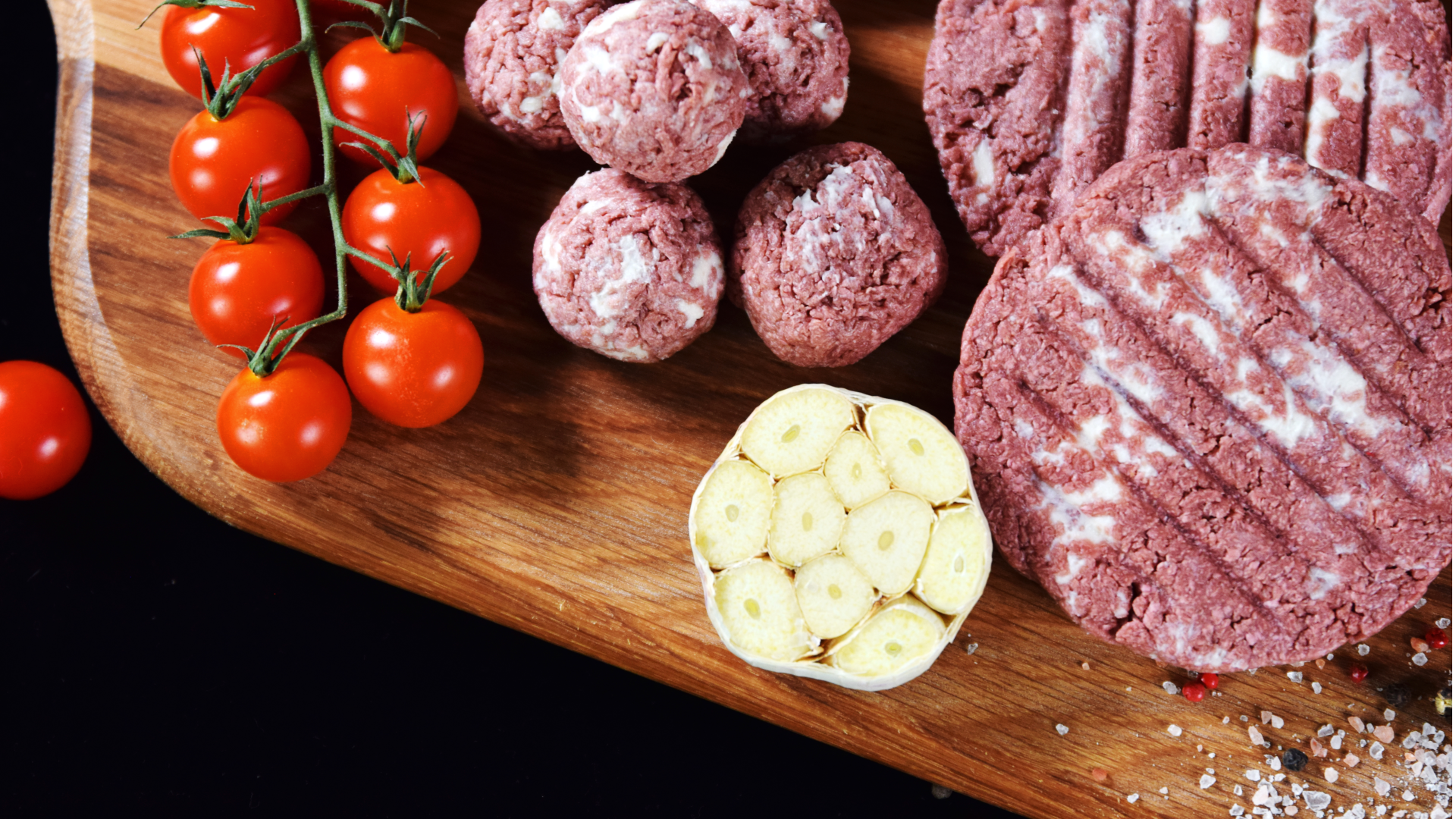The continuous growth of interest towards alternative protein in Asia came in many different forms. To start with, Asian countries are known to consume different kind of plant-based protein products such as tofu, tempeh, jackfruits, soy milk and the derivatives as part of their diet. Although these products might be considered as more traditional, they still play a big role and open more opportunity for further innovation. These traditional alternative protein consumptions also become more and more popular as part of more sustainable consumption trend.

Source: tablefortwoblog.com, ajinomoto.com.my
Some Asian populations are known to implement vegetarian diet according to certain religion or culture. As the time goes by, more people have started to become familiar with more types of diet, including vegan and flexitarian. These lifestyle and consumption trends have grown across Asia and cannot be separated from the role of the Millennials and Gen Z generations which are 5 times as many as millennials in the US and Europe. The trend penetration to these generation is highly supported with their interest on digital platform and tendency to try new things. Also, as the more educated generations with higher health and environment consciousness, it is believed that they are potentially able to gradually shift the consumption pattern.
The alternative protein industries in Asia are mainly still in the early stages compared to the western countries. However, slowly but sure more startups grow and more product varieties are available on the market. One of the challenges is the large differences to western cultures with regards to local regulations, religion and culture. For this, different strategies are applied to promote this market penetration. One of them is the local approach strategy. Recently, Green Rebel Foods (formerly Green Butcher) launched their series of plant-based meat products with Indonesian local ingredients and taste. Their recent partnership with Starbucks will also help these alternative products reach a bigger market. Another local approach highlight is Hong Kong-based OmniFoods with their pork plant alternative products which specifically designed for Asian cuisine applications.

Source: greenqueen.com
In a bigger scale, some bigger companies are started to expand their operation to Asia, such as Oatly who build their Singapore factory with targeting China as the prime target. On the meat alternative site, Burger King is currently launching their plant-based Whopper in some Asian countries by partnering with The Vegetarian Butcher (part of Unilever Food Solution). These commercial brands bring different kind of alternative proteins become more and more available in Asia.
Singapore: The Emerging Hub
Cultured meat known to be more unconventional with technological and modern approach where muscle cells are grown in a controlled environment outside of animal’s body. In this case, cost and regulatory aspects may hurdle the commercialisation. Lately, Singapore became the place where the world’s first regulatory approval for cultivated meat product took place.
A U.S. start-up, Eat Just, will provide the lab-grown chicken and serve the product at a restaurant. The product, Good Meat Cultured Chicken will be available in three different dishes which cost about $23 per portion.
Shiok Meats is another Singapore-based start-up which also known as a cell-based meat and seafood company. In 2020, they managed to launch the first cell-based lobster meat in an exclusive tasting event. Further, they aimed to launch the product officially in 2022.

Looking to those innovative companies, it seems that Oatly is not the only company who started to expand or build their business to Singapore. It is not impossible that more and more food tech companies grow in Singapore and maybe soon, it can be one of Asian food tech hub. To make it even more promising, Nanyang Technological University Singapore (NTU) together withThe Good Food Institute Asia Pacific (GFI APAC) published their new undergraduate course. The interesting Future Foods – Introduction to Advanced Meat Alternatives course will officially start soon in August. This higher education will certainty create bigger and wider opportunities for alternative protein innovation and experts across Asia.
Final note
Stronger trend towards more sustainable lifestyle, including vegan, vegetarian, or flexitarian diet is predicted to keep increasing on the upcoming year in Asia. As the awareness keep increasing and more resources available on technological, funding, and expert sides, soon or later Asia may become another big alternative protein market.
Who knows, maybe soon is the time to consider expanding the alternative protein market to Asia!
Author:
Fiona Ernesta
Product Developer at Mycorena
